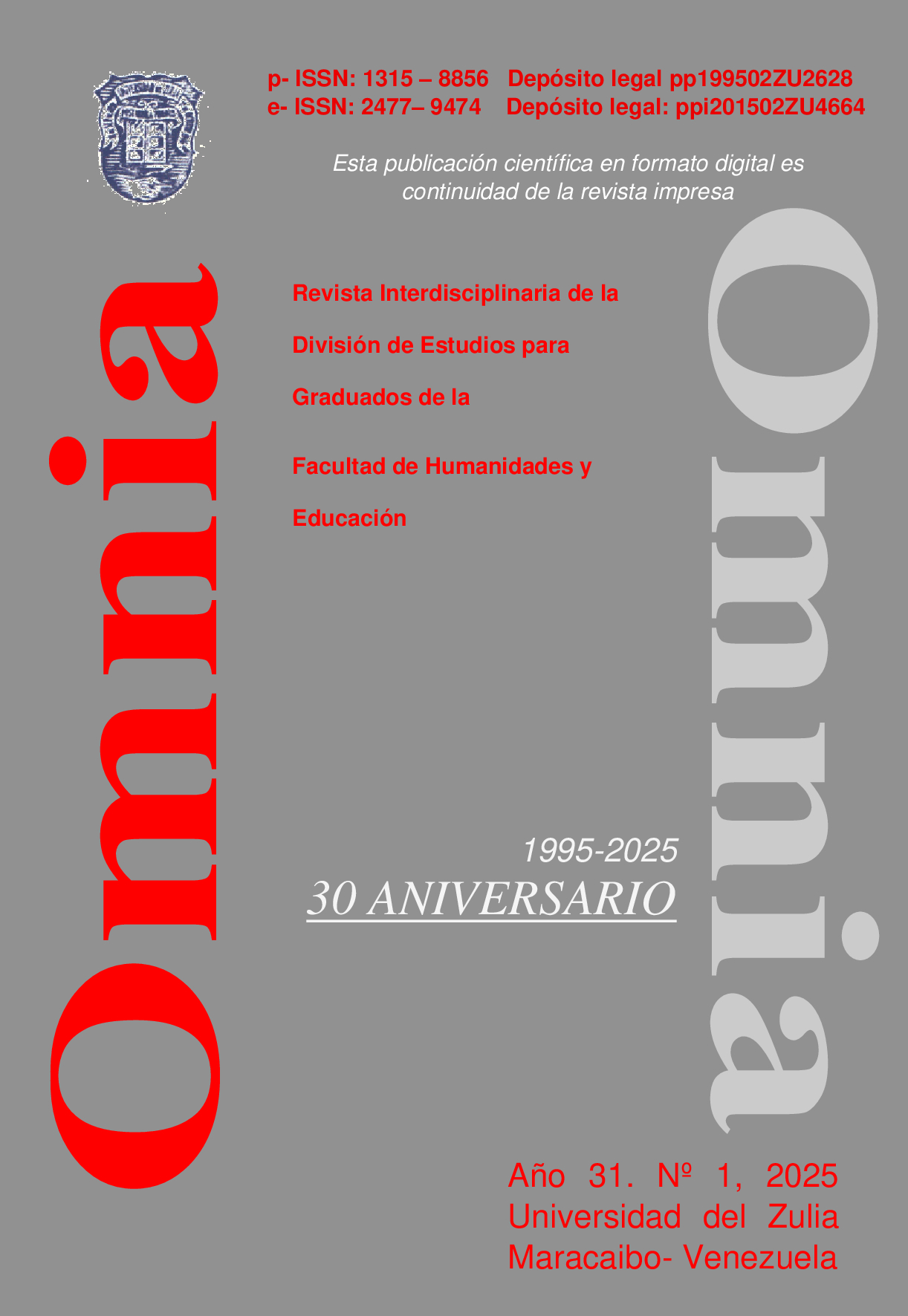Factores de incidencia en la obtención de saberes gerenciales que permiten desarrollar competencias innovadoras en las micropymes Argentinas
Abstract
This article presents the results of an exploratory study carried out by the author in relation to the managerial knowledge that prevails in Argentine microSMEs. In-depth interviews were conducted with six business leaders; in addition to the documentary review, in order to reveal which factors contextualize and influence the obtaining of managerial knowledge that allows the development of innovative competencies in Argentine microSMEs. During the COVID-19 pandemic, companies have had to reinvent themselves, applying digital transformation, looking for new solutions and adapting to market changes. In addition, creativity, teamwork and communication are essential in this process. Thus, the changes have been managed with uncertainty, creativity and teamwork, highlighting that knowledge in foreign trade, strategic planning and organizational management has been applied; Investment in technology and adaptation to cultural changes, new habits and policies are necessary, being strategic against a systemic and creative vision to carry out innovative projects; hence, from the judgments made by the key informants, it was concluded that the key factors for innovation in a company include having qualified personnel, an effective marketing strategy, appropriate technology, strategic alliances, planning, creativity, communication, motivation and organizational learning
Downloads
References
Drucker, Peter (2002). The discipline of innovation [La disciplina de la innovación]. En: Harvard Business Review, Vol. 63, p. 95-103.
___________ (1992). Managing for the future. The 1990 and Beyond. Truman Tallet Books, New York.
____________ (1954). La Sociedad del conocimiento. P.14.
__________ (1994). The Economist salvationist, 1st October 1994, pág. 79.
__________ (1995). Post-capitalist Society, capítulo 12, o Managing in a Time of Great Change, Truman Talley Books/Dutton, New York, 1995.
Foucault, Michel (1969). La arqueología del saber. Versión traducida por Garzón del Camino, A. (2003). Disponible en: http://ceiphistorica.com/wp-content/uploads/2016/01/mfarq.pdf
Leska, Ana y Casaburi, Gabriel (2020). Problemas en la fàbrica: CO-VID-19, un cisne negro para las cadenas de valor. https://blogs.iadb.org/innovacion/es/covid-19-un-cisne-negro-para-las-cadenas-de-valor/
Lovera Aguilar, María Isabel (2009). La organización creadora de co-nocimiento: una perspectiva teórica Omnia, vol. 15, núm. 2, ma-yo-agosto, 2009, pp. 178-193 Universidad del Zulia Maracaibo, Venezuela.
Manrique Tisnés, Horacio (2008). Saber y Conocimiento: Una aproxi-mación plural Acta Colombiana de Psicología, vol. 11, núm. 2, di-ciembre, 2008, pp. 89-100 Universidad Católica de Colombia Bo-gotá, Colombia.
Méndez, Guido (2014). Fenomenología Hermenéutica en Paul Ricouer. Una integración para el abordaje de lo real. Revista Gaceta de Pedagogía, Nº 33- Año 2014. Universidad Pedagógica Experimen-tal Libertador Instituto Pedagógico de Caracas. Venezuela.
Mejía Rocha, Mónica Isabel y Colín-Salgado, Mónica (2013). Gestión del conocimiento y su importancia en las organizaciones. Revista Trilogía N° 9/ISSN 2145-4426/Julio-Diciembre/2013/pp.25-35. .file:///C:/Users/gonza/Downloads/Dialnet-GestionDeConocimientoY-SuImportanciaEnLasOrganizaci-4521396%20(1).pdf
Meléndez Sánchez, Larry Heberto (2016). Estrategias Para La Gestión Del Conocimiento En La Industria De La Construcción En San Andrés Isla, Trabajo de investigación presentado como requisito parcial para optar al título de: Magister En Administración De Em-presas Director PhD.: Carlos Eduardo Marulanda Echeverry. Uni-versidad Nacional De Colombia Facultad De Administración De Empresas Sede Manizales En Convenio Con La Sede Caribe San Andrés Isla, Colombia 2016.
Morín Edgar (1999). Los siete saberes necesarios para la educación del futuro. Unesco, Santillana.
Sveiby, Karl (1997). The New Organizational Wealth: Managing and Measuring Knowledge based Assets. USA: San Francisco: Ba-rrett-Kohler Publishers.
Zubiri, Xavier (1981). Inteligencia Sentiente. Alianza Editorial Sociedad de Estudios y Publicaciones. Madrid, España.





